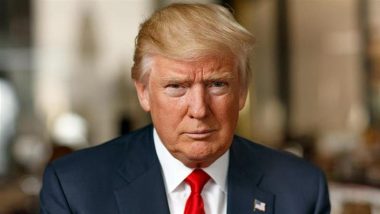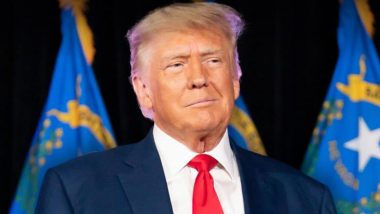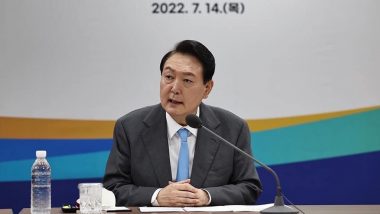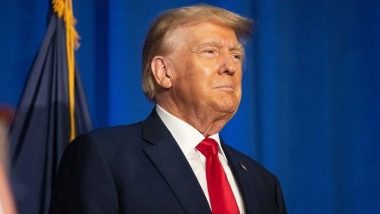Tunis, May 7 (AFP) Tunisia held its first free municipal elections today but only one in three eligible voters cast ballots, reflecting frustration at the slow pace of change since the 2011 revolution in the cradle of the Arab Spring.
The election has been touted as another milestone on the road to democracy in the North African country, which has been praised for its transition from decades of dictatorship.
But Tunisia has struggled with persistent political, security and economic problems as well as corruption since the revolution, and turnout was just 33.7 per cent of the 5.3 million eligible voters in today's poll.
A polling institute gave the Islamist Ennahdha movement 25 per cent of the vote, ahead of its coalition partner, the secular Nidaa Tounes party of President Beji Caid Essebsi on 22 per cent, as experts predicted, with smaller parties far behind.
"The government has promised a lot and achieved little," said former prime minister Mehdi Jamaa. "Tunisians haven't voted much."
Prime Minister Youssef Chahed said the low turnout was "a negative sign, a strong message... for politicians."
Casting his ballot earlier, voter Chokri Halaoui, 45, echoed the sentiment, saying he wanted to tell politicians: "We have voted, now show us what you can do." Another voter, 58-year-old Ridha Kouki, said Tunisians "have little hope" of any change.
Young voters were markedly absent from polling stations in the capital Tunis, resisting offers of discounts from bars and a clothing brand to people with ink-stained fingers proving they had cast ballots.
"I already fell into their trap in 2014," said 23-year-old Kamilia Mlouki, an unemployed graduate who cast a blank ballot.
"I'm not going to make the same mistake again." Rafik Halouani, head of the election monitoring agency Mourakiboun, said he feared that young Tunisians "no longer believe in elections as a source of change, which is very serious for democracy."
Tunisians have already voted in parliamentary and presidential elections since the 2011 fall of dictator Zine El Abidine Ben Ali, but municipal polls had been delayed four times due to logistical, administrative and political deadlocks.
Tunisia is grappling with economic challenges including an inflation rate of around eight percent and unemployment of more than 15 per cent.
The country was hit by a wave of protests at the start of the year over a new austerity budget introduced by the government.
"These municipal elections won't change anything for us. We will always be on the same cart without wheels or a horse," 34-year-old housewife Hilma told AFP ahead of the vote.
More than 57,000 candidates, half of them women and young people, ran for office in Tunisia's 350 municipalities.
Around 60,000 police and military personnel were mobilised for the polls, while Tunisia remains under a state of emergency, imposed in 2015 after a string of deadly jihadist attacks.
In Sidi Bouzid, cradle of the 2011 revolution, and the neighbouring region of Kasserine in central Tunisia, a hotbed of protests during the revolt, polling stations opened later and closed earlier for "security reasons", organisers said.
In December 2010, street vendor Mohamed Bouazizi set himself on fire and later died of his wounds in Sidi Bouzid, in a protest over unemployment and police harassment that sparked the Arab Spring.
The municipal elections, enshrined in the new constitution and one of the demands of the revolution, mark the first tangible step of decentralisation since the end of Ben Ali's rule.
An election official said attitudes to voting had changed since the revolution.
"There is not the same motivation as in 2011, when adults, young people and old people queued in good numbers an hour before the vote," he said.
There remains some hope the polls will see a new generation elected into office ahead of legislative and presidential votes in 2019. (AFP) CHT
(This is an unedited and auto-generated story from Syndicated News feed, LatestLY Staff may not have modified or edited the content body)


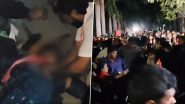
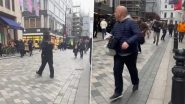

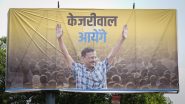

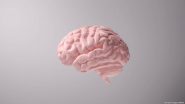





 Quickly
Quickly










